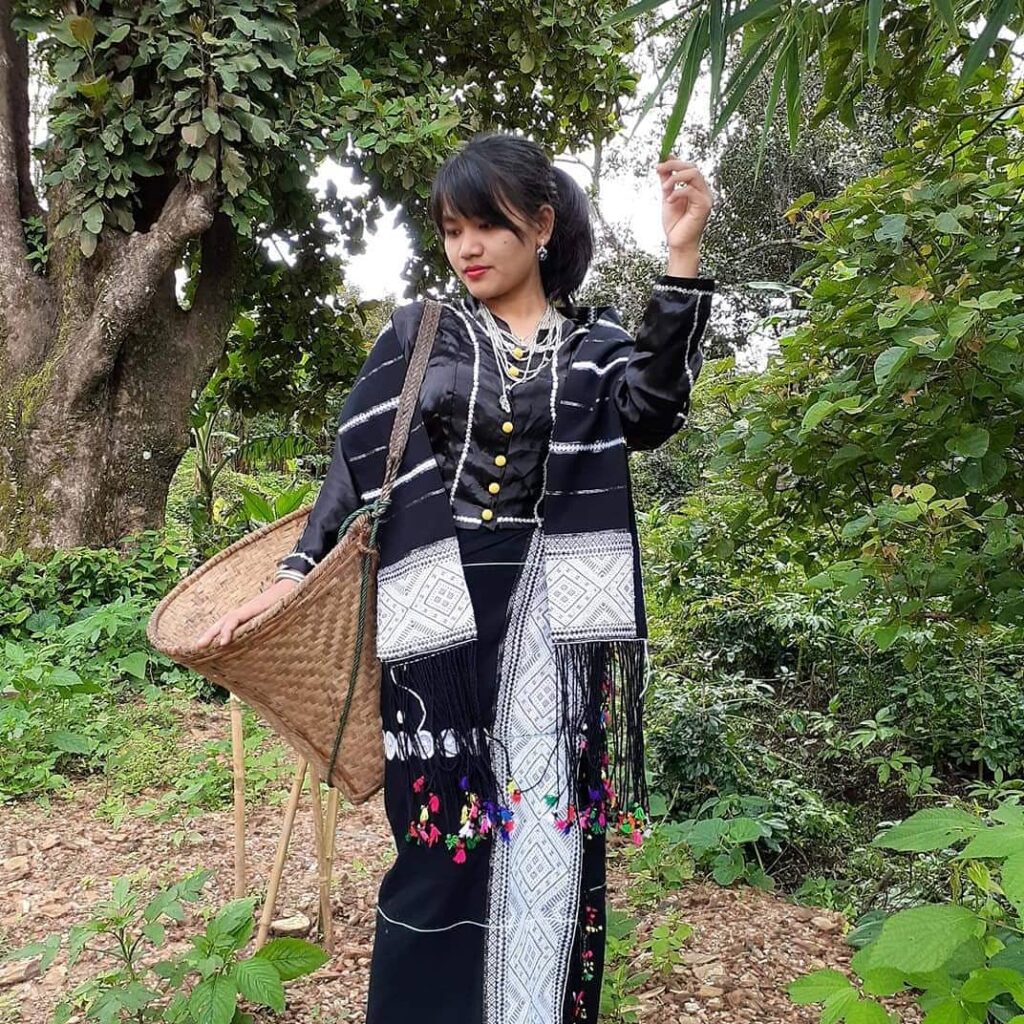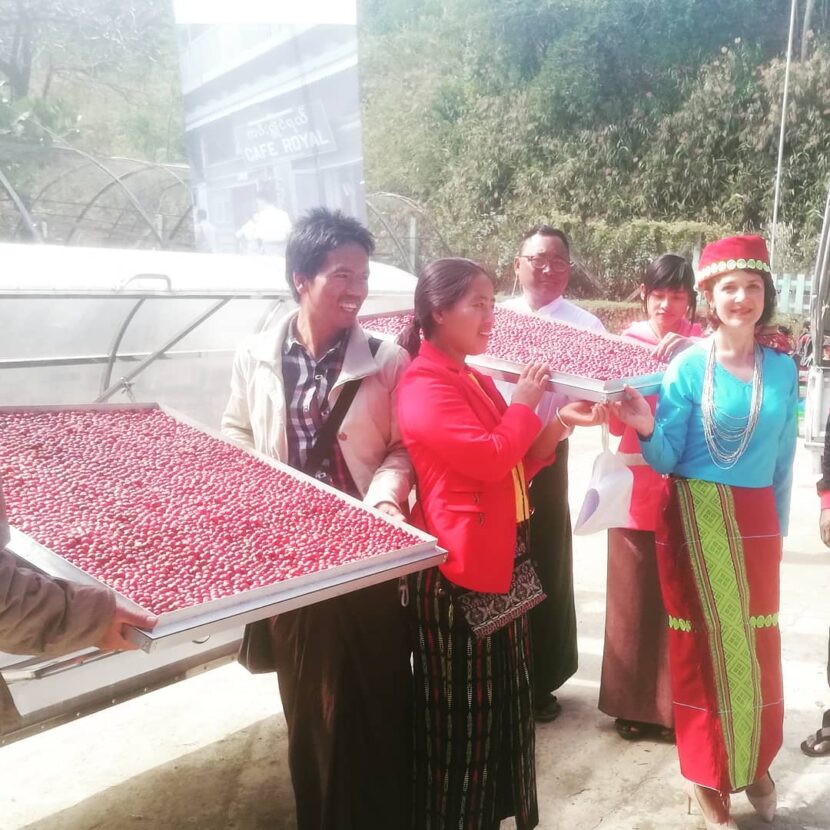Asian coffee matters: Myanmar – From Nat Ye Kan to Shan
A serie: Nat Ye Kan – 1
A coffee buyer has to make choices: Purchasing from over 77 producing countries is more than a life -task, and only a few coffee companies – led over 4-5 generations – can afford a portfolio of world coffees.
In contrast, startup coffee companies are usually focusing on a few countries only, or on a few regions. Nat Coffee is an expert in specialty coffees and rarities from Myanmar. Our explorations straddle the border between ‘opening terroir coffees’ and ‘already traded coffees’.
Our latest edition,‘Burma Velvet’, may be our most unsettling work. The narrative of the secret of Myanmar – the name of our first selection in 2017 – unfolds in more than six regions and over 12 townships around Myanmar, with coffees that include ‘little eyes’ (rare coffee pearls) and ‘keepers’ (permanent offer). This selection will take you to beautiful remote places with 11800 species (https://aseanbiodiversity.org/…/biodiversity-in-myanmar/)!
By the end, you return home and see your Myanmar coffee with new eyes!

Daydreaming about Myanmar’s exotic beauty? Follow us all the ways around the globe and relocate yourself to the place of choice:
Nat Ye Kan
When we first heard about ‘Nat Ye Kan’ we referred to the name that evokes some sympathy due to its similarity to ‘Nat Coffee’. Nat Ye Kan is situated in Magway division, on a mountain range that connects Rakhine State with the rest of Myanmar.


The hunt for specialty coffee and ‘little eyes’ are leading me to forgotten, or politically closed-off places. Hardly any Burmese had been there – an isolated area on around 1200 meters above sea level. The first village in the coffee area is Goakky village. The welcome sign has been newly painted – a preparation for visitors in spe.

Welcome to Goakky village!

Asho wedding ceremony in Goakky village with my assistant Min Thi Ha
After passing Goakky village we reach Nat Ye Kan, the place of the coffee farm. It grows green tea and coffee. Our debut was in 2019 when we started collaborating with the farm manager, U Zaw Thein. He is 48 years old and well-experienced with coffee cultivation. On his farm he grows two varieties: Catimor and yellow catuai. His plantation of several acres displays impeccable treatment of the coffee trees. U Zaw Thein has become a close friend over the last year and linked us with the farmers from Bonbwe and Goakki village.

Launch Solar Dryer Pilot Project, December 2019
Both villages account less than 50 inhabitants. I spent only two days there, but the brief visit had a profound effect on me. The Asho Chin community had welcomed me like their daughter. Arriving at the village, one of the oldest women took me by her hand and lent all her jewelry for a day. Even though the language barrier exists, straightforwardness and warm appreciation was the way of her communication.

U Zaw Thein (Nat Ye Kan, farm manager) and an eldery woman, December 2019
My first impression of Nat Ye Kan was beauty and untouched soil. A glimpse of the farmer’s garden showed me that it was a true paradise. The meaning of inwardness virgin soil became clear to me when I was invited to the farmers’ garden. The nature is unveiling to never seen extent: Every fruit’s smell was much more intense than anywhere else, and the taste incredibly intense, authentic and delicious. Our coffee farmers group from Goakky village explained that they are not using any chemical fertilizers. None had to prove me about that fact- it was obvious that no fertilizer had entered this locked-off area.

The beauty of Asho Chin
The Asho Chin community live in buildings on stilts, made of wood or bamboo. In contrast to Chin houses with ground entrance, the Asho dwelling is entered on the first floor, via a ladder or stairs. Families live together in one room that is almost empty during day time, but filled with mattresses during night time.

Asho-House on stilts
Every family grows coffee on their garden plot. Now, if a bountiful providence had put you in a paradise of coffee, would you have believed that 8 smallholder farmers can produce over 6 tons? Coffee has always been valued in Nga Phe township and locals are drinking coffee in the morning, in the early wind of the palm-trees.
I should remember what that coffee was like had I not fallen deeply and irrevocably in love with this region and its people.


Asho women (1), Rachel – coffee woman producer and friend
Curious to taste? Order a sample: contact@natcoffee.com


